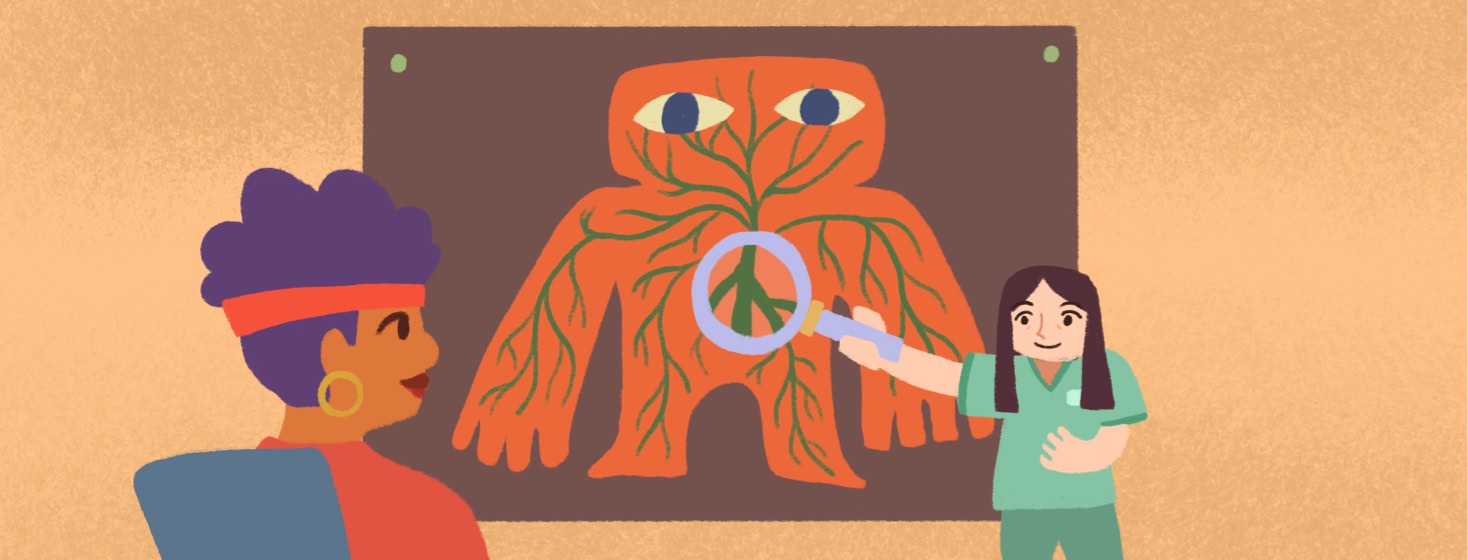How Do Herbs Work: Understanding the Body
After discovering the massive benefits of Traditional Chinese Medicine (TCM), Dr. Olivia Friedman graciously sat down with me and unraveled how her practice works.
In Part I, we discovered:
- How TCM differs from the Western Medicine approach
- The necessity for a TCM practitioner when wishing to use herbs
- How many herbs are available to us
How to read the body
In our continued discussion, Dr. Friedman reveals a fascinating aspect of how TCM reads and assesses the body.
In Western Medicine, everything is very concentrated and compartmentalized. If you have skin issues, you see a dermatologist. If you have hormone issues, you see an endocrinologist. If you have pain in your knee, you see an orthopedist. It seems to be a natural way we handle our bodies. Everything is separate.
In Traditional Chinese Medicine, treating someone for one issue alone is unrealistic. Our body is a united front, all parts working together along the highways of our body. These highways are called meridians.
"What's really important is that we find not only the right herbs for that condition but also the ones that work the best in that particular part of the body..." Dr. Friedman explains. "There are certain meridians to which the herbs will travel best."
What are the body's meridians?
There are 12 meridians overall (although some say 14 - these would be Du and Ren Meridians that run along the dorsal and frontal planes of the body).
They are:
- Lungs
- Large intestine
- Stomach
- Spleen (pancreas)
- Heart
- Small intestine
- Bladder
- Kidney
- Heart governor
- Triple heater
- Gall bladder
- Liver
Because of these meridians, assessing which herbs work best where is important, for example, if your hand eczema is flaring, Dr. Friedman would utilize herbs that would travel along the meridian that would access your hands the best, as opposed to one that may flow to your face and neck.
Assessing the needs of the patient
Having the ability to use the meridians is just one massive tool in the TCM arsenal. In order to truly receive its value, a practitioner must always re-assess their patient. Because eczema isn't a one size fits all situation, even in the same person, the practitioner is constantly ensuring that the formula is the best fit for the patient's needs.
Knowing what herbs work best together
"On top of that, you have to know which herbs work the best together," Dr. Friedman divulges. "Some herbs don't work well together. Some herbs actually contradict each other. Some herbs don't play nicely together. So, you need somebody who is an herbalist to know, 'Oh! All these different situations are here, and some are conflicting, so how do I pick what to use?' Experience and training help prioritize what to address first and what herb dosage is appropriate as the condition resolves or deteriorates."
If a patient is flaring, their herbs will be readjusted. If their eczema becomes drier after being treated for weeping, the formula will be changed, which is one of the best benefits of using this treatment style.
Western dermatology v. TCM
In western dermatology, there are rarely multiple options. Most of the time, it's just one steroid tube after another. The biggest change is just in potency. But in Traditional Chinese Medicine, we are set up to customize treatment, which then has a better success rate if the patient is responsive and able to see treatment all the way through. Our treatment wouldn't just mask the problem but rather work at addressing the root cause.
Tongue reading
"The tongue actually maps the entire internal system of your body on it," Dr. Friedman states. "It's another tool I use to determine what herb I should use for you."
You see, the tongue is really useful because most of what herbalists use to determine a formula is verbal data from the patient, which can be subjective. But the tongue is an objective measure and thus, can play a useful role in "translating" what the patient is experiencing. Dr. Friedman will look at the tongue to maximize the customization process. Sometimes, the tongue can be a final deciding factor as to which herbs make it into a patient's formula.
"It's a really great way to figure out what's going on inside."
Even more interesting is how the organs are represented in TCM. They are not all seen the same as in Western Medicine. For instance, the liver isn't just seen as a detoxification center, but where our ambition for life stems from, our motivation. Super fascinating!
Specifically for you
Ultimately, Traditional Chinese Medicine wins the race for being much more specific, customizable, and in sync with treating you and your needs than a dermatologist's office. If the standard treatments aren't cutting it for you, perhaps this will be your next step!

Join the conversation